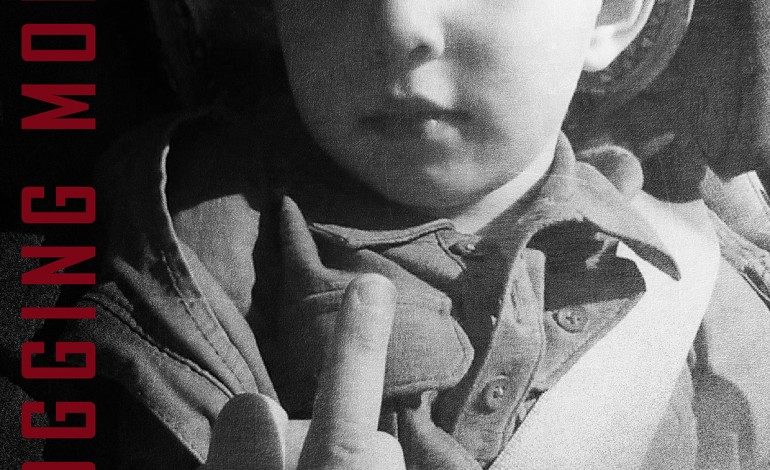

Molly Matures in Life Is Good
Celtic punk legends Flogging Molly have been respected mainstays in their genre since 2000’s Swagger and Drunken Lullabies, from 2002. Led by vocalist Dave King, of Fastway, this Los Angeles-based crew reached some mainstream notoriety with songs like “If I Ever Leave This World Alive” and “Drunken Lullabies,” which was featured in Tony Hawk Pro Skater 4. Now, over fifteen years since their debut album, Flogging Molly are back with their first record in six years, Life is Good.
When people think of Celtic punk bands, the two names that come to mind are usually Flogging Molly and Dropkick Murphys. Both of these outfits put out a new album this year, but the Dropkick Murphys tamed their overall characteristics in aggressiveness and Irish folk influence. Life is Good, if anything, sticks to Flogging Molly’s Celtic aesthetic much more than the Murphys had with 11 Short Stories of Pain & Glory. The raging punk feel of previous Flogging Molly has matured with this new record into a more relaxed Celtic sound, which feels a lot more meaningful.
The incorporation of fiddles, flutes and accordions in tracks like the opener “There’s Nothing Left Pt. 1” and “The Guns of Jericho” adds a calming presence that is reminiscent of classic Pogues’ songs. “The Last Serenade (Sailors and Fishermen)” is an acoustic track that uses the accordion as a way to pay tribute to the blue collar sailors and fishermen of the country. It comes off as very heartfelt and different from the Flogging Molly that became known for their thrashing Celtic punk.
The production on “Reptiles (We Woke Up)” mixes perfectly with King’s heartfelt words about reaching one’s full potential. He conveys an important message, “For once in this life / let’s just make these wrongs right and then / seize the day.” These lyrics plus the infectious accordion, banjo and fiddle-playing over the background vocals make this the most encouraging and well-produced song on the record. The track, overall, fits the message of Life Is Good.
“The Hand Of John L. Sullivan” and “The Bride Wore Black” are the two most energetic cuts on the record. Among old school Flogging Molly fans, these two songs will probably be noted as being the most reminiscent of Drunken Lullabies-era Flogging Molly. The fast-paced instruments and punk guitar of “The Hand Of John L. Sullivan” make it highly enjoyable as well. Lastly, “Until We Meet Again” closes the album with a very infectious bass line and well-harmonized background vocals.
Flogging Molly are not expanding their boundaries or breaking any serious ground in the Celtic punk genre on Life Is Good; but, for loyal fans to one of the genres centerpieces, this album might exceed some expectations. They should not go into the record expecting too much of the old Flogging Molly. However, if one goes into Life Is Good with an open mind to a more mature sound that vaguely resembles Bruce Springsteen’s Irish-inspired album Wrecking Ball, rather than that of Drunken Lullabies, the band’s newest work will surely please.
